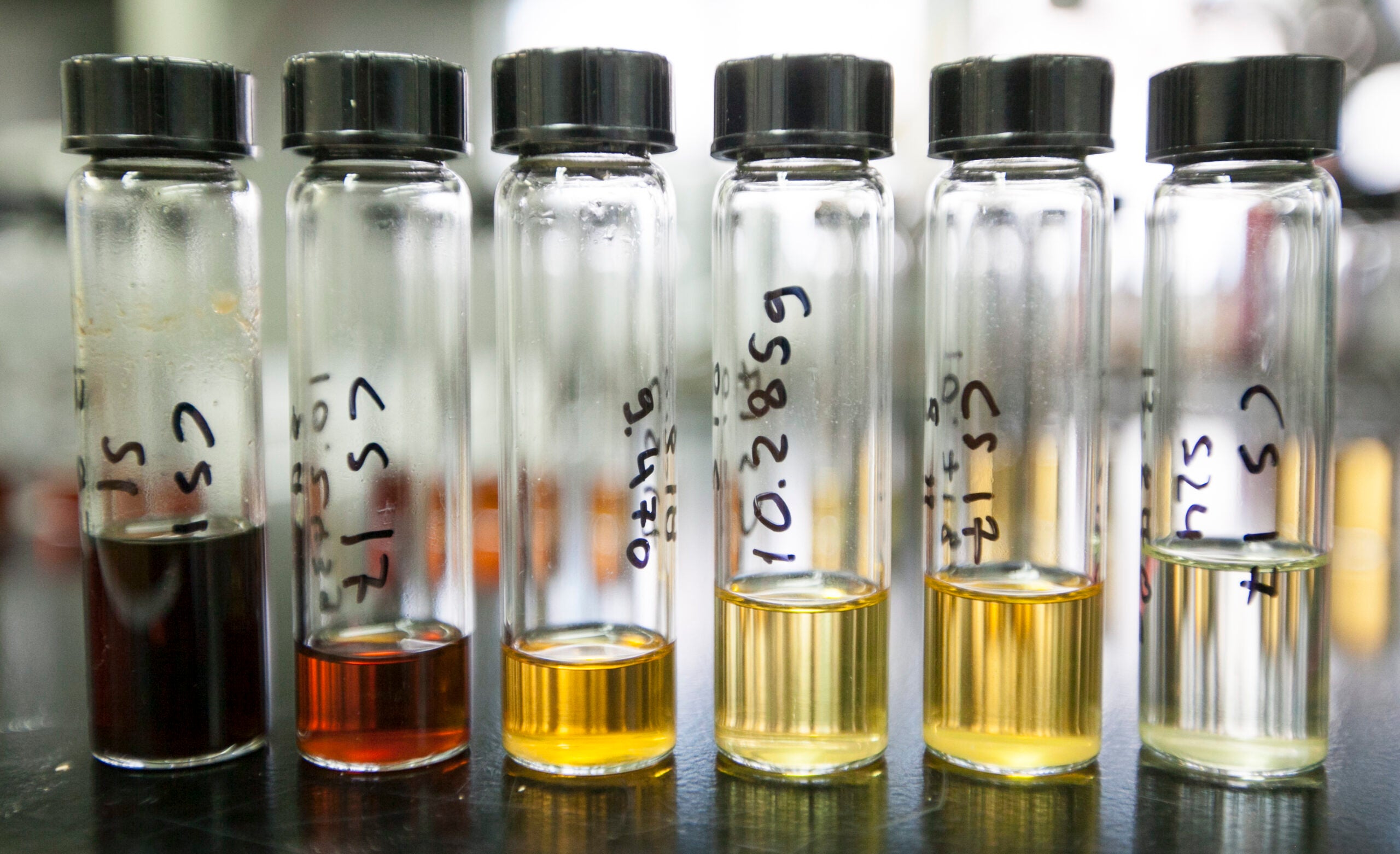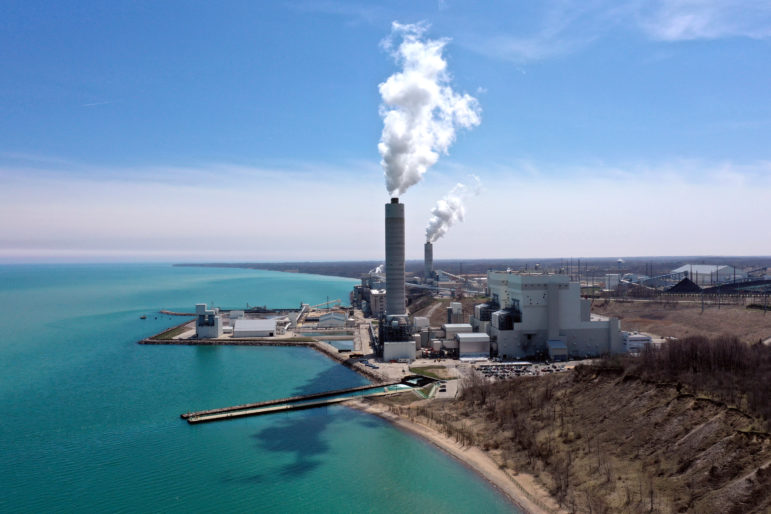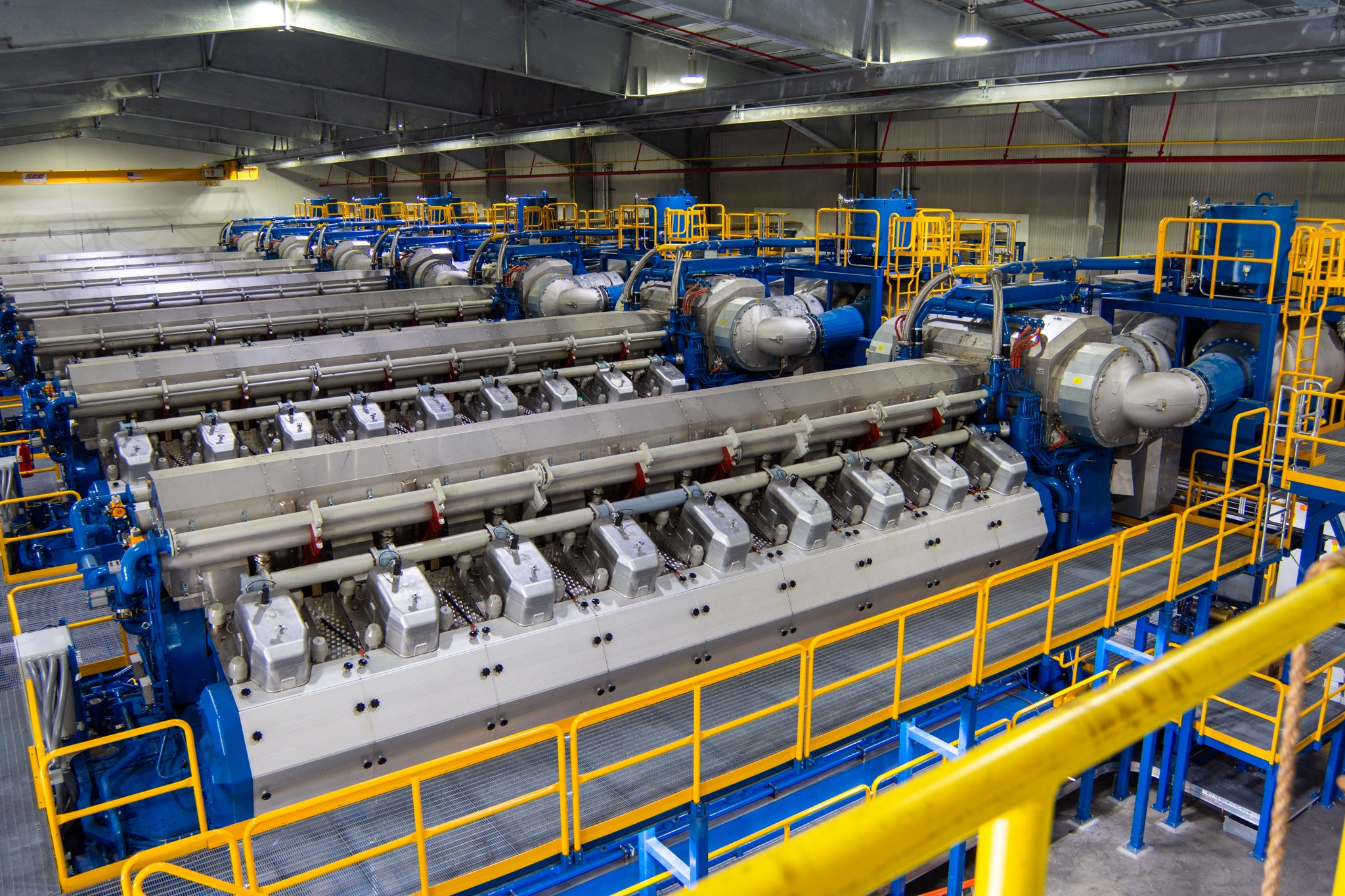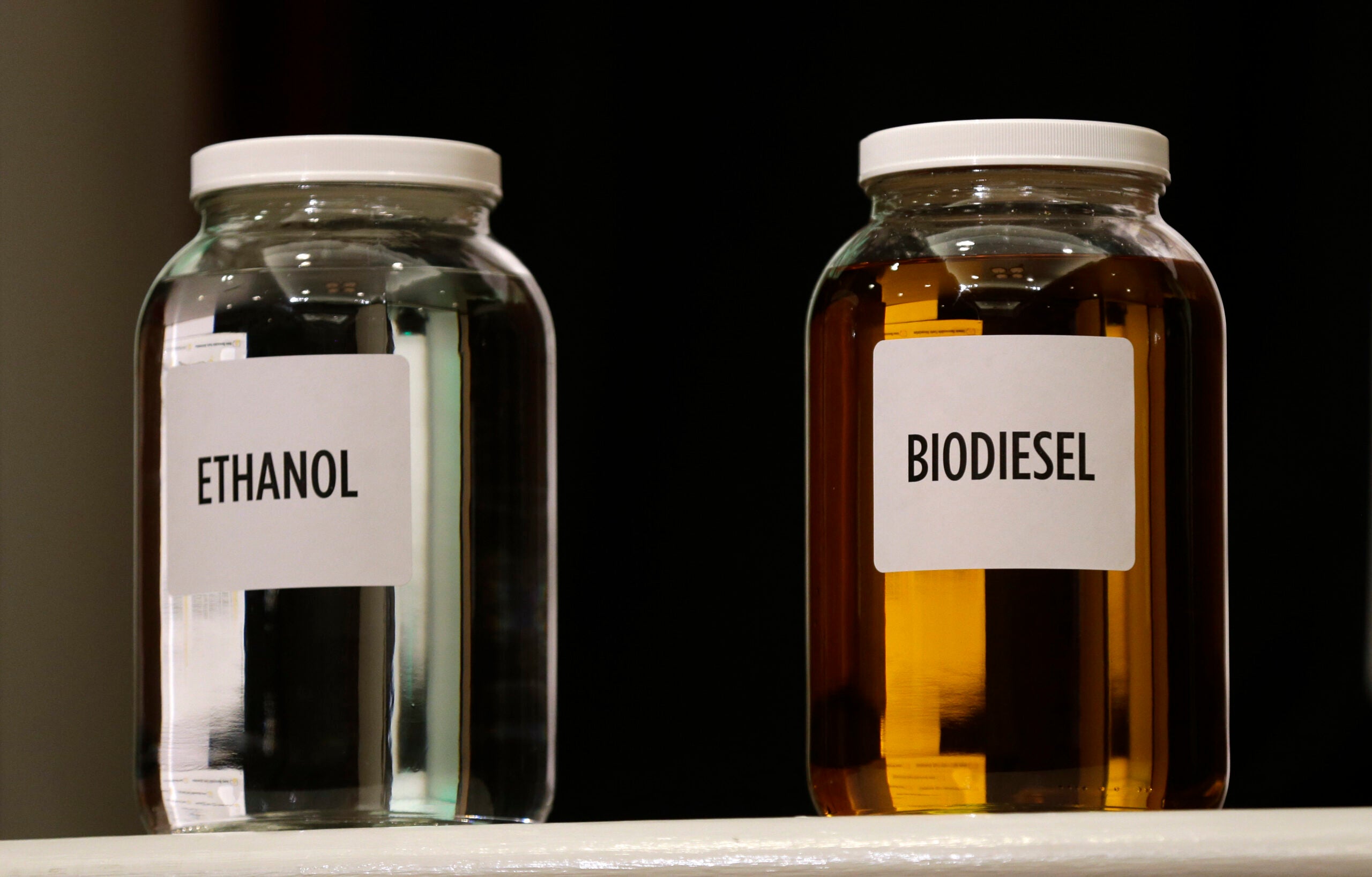Plants have already blazed a path for meat alternatives, but they could also transform the transportation industry, Wisconsin researchers say.
Researchers at the University of Wisconsin-Madison’s Great Lakes Bioenergy Research Center are creating carbon-neutral fuels they hope to power the transportation sector through deconstructed, nonfood plant materials.
“We are producing the basic science knowledge on campus to generate the fuels and chemicals that will allow us to have a decarbonized economy and create environmental and economic benefits for the people of Wisconsin and around the United States,” said Tim Donohue, principal investigator and director of the Great Lakes Bioenergy Research Center.
Stay informed on the latest news
Sign up for WPR’s email newsletter.
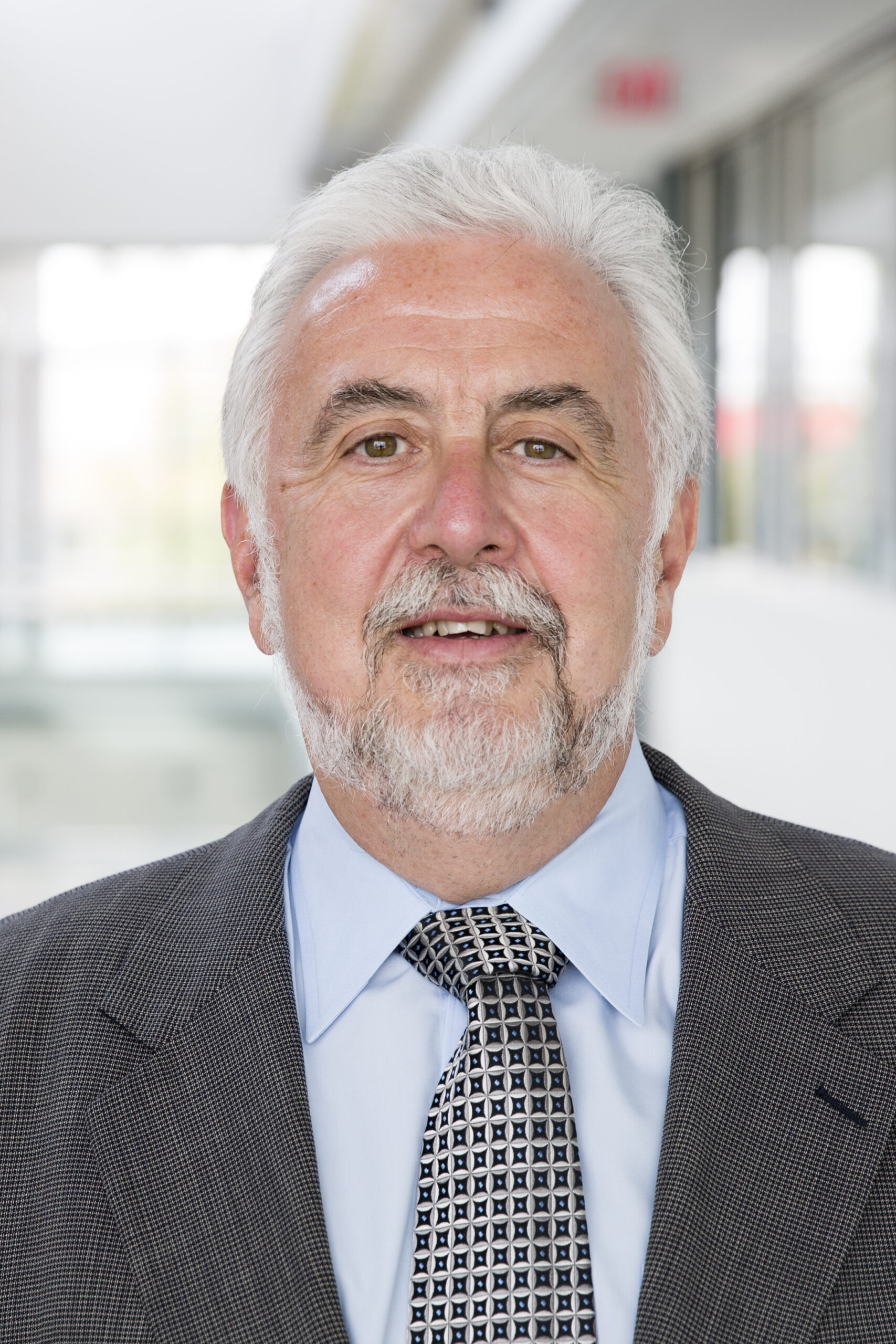
Researchers like Donohue are generating fuels from non-food plants like switchgrass, sorghum and poplar to produce renewable energy. As one of four federally-funded research hubs, the organization is part of a larger collaboration to curb climate change.
Donohue said they hope to produce hydrocarbon fuels — like gasoline and diesel except with plant material — for shipping industries. He said the team is working to develop biorefineries that function more or less like a petrochemical refinery.
The center has been working on generating decarbonized fuels for the last 16 years through a partnership with Michigan State, Michigan Technological University, Princeton University, Texas A&M and the University of British Columbia. Founded in 2007, the center has received bipartisan support and federal dollars through the U.S. Department of Energy.
The Biden administration released the U.S. National Blueprint for Decarbonizing Transportation in early January. With goals to invest in clean energy and sustainable liquid fuels, the plan focuses on deploying technology to achieve a carbon-free economy by 2050.
“I see the Biden initiative having accelerative potential to speed up the movement of this from the university to the people. And that is a national imperative. It’s also something that we’re very proud of here because it’s at the root of the Wisconsin Idea,” Donohue said.
The transportation sector accounts for the largest share — 27 percent — of greenhouse gas emissions, according to the U.S. Environmental Protection Agency. Transportation relies on petroleum fuels for more than 95 percent of its energy.
Donohue said if successful, the biomass, or plant material, could replace one out of every three barrels of oil in making fuels and chemicals — what he called a “significant dent in the amount of net greenhouse gas emissions that are occurring from human activity on the planet.”
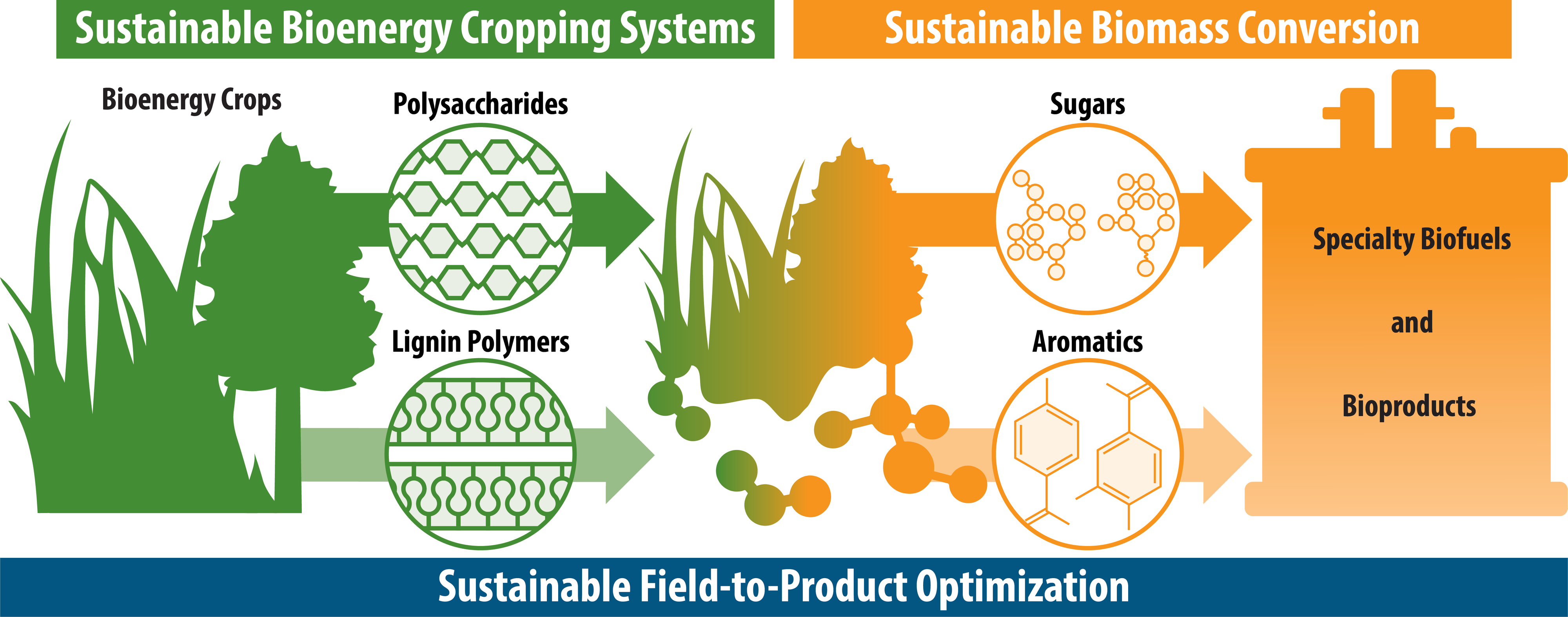
In addition to climate benefits, Donohue said developing biorefineries will lead to workforce opportunities.
“It creates a more equitable and balanced playing field for communities all around the United States to reap the benefit of producing fuels and chemicals from local materials, which is already a multi-trillion dollar per year industry in the United States,” he said.
By 2050, electric vehicles will represent more than 25 percent of total electricity demand, according to Biden’s blueprint. But even so, liquid fuels will be needed to power airplanes, ships, heavy equipment and millions of older vehicles still on the road.
“In a future in which on-road transportation will largely rely on EVs, 50 billion gallons of sustainable fuels would be enough to fully supply aviation, maritime and rail demand in 2050,” authors of the blueprint wrote.
Donohue said he also expects their research to help farmers as they adapt to climate-friendly practices.
Whereas petroleum resources are buried in the Earth’s core for millions of years, Donohue said researchers are working with “perennial crops” that grow back every year and sequester carbon underground without the need for fertilizer or pesticide. The energy crops are grown on land not currently used to produce food.
“We have been working along with our partners to develop new chemical separations that are less energy-intense and less costly to create juices from the biomass that we can then feed to special microbes to ferment into fuels and chemicals,” Donohue said.

Since its inception, the Great Lakes Bioenergy Center has produced upwards of 250 patents, which Donohue said have led to more than 100 licenses and the formation of five start-up companies.
Jennifer Gottwald is the director of licensing at the Wisconsin Alumni Research Foundation, where she connects academic research with commercial interests.
She said that from a business perspective, many people have to be “optimistic about where we’re going as a human species on the planet,” and that bioenergy technologies are one example of a forward-thinking approach.
“It takes a different mindset to go into this area and really feel that we can achieve sustainability, we can create biorenewable chemicals, we can do a lot of good in the world if we apply the technology, and do it in a way that makes business sense,” she said.
Wisconsin Public Radio, © Copyright 2025, Board of Regents of the University of Wisconsin System and Wisconsin Educational Communications Board.
